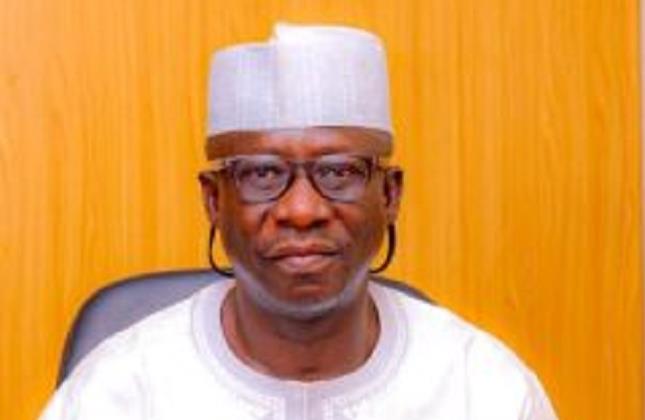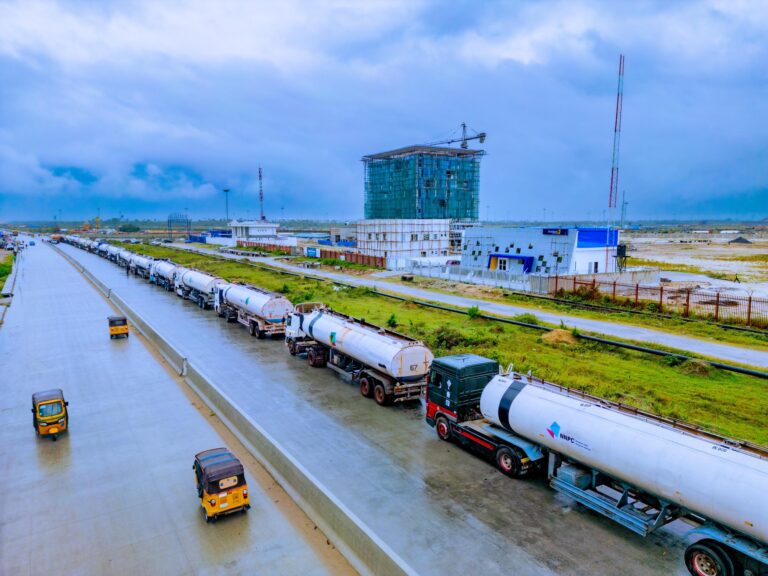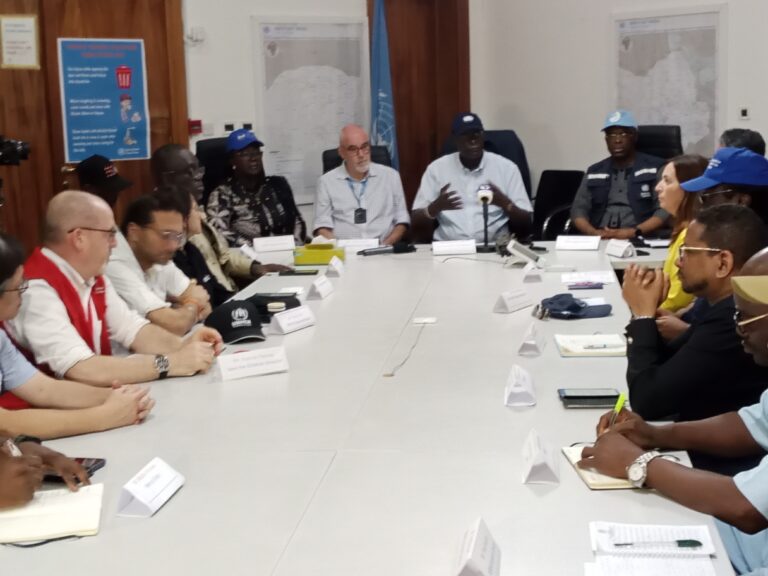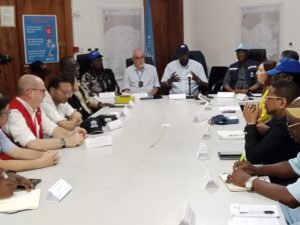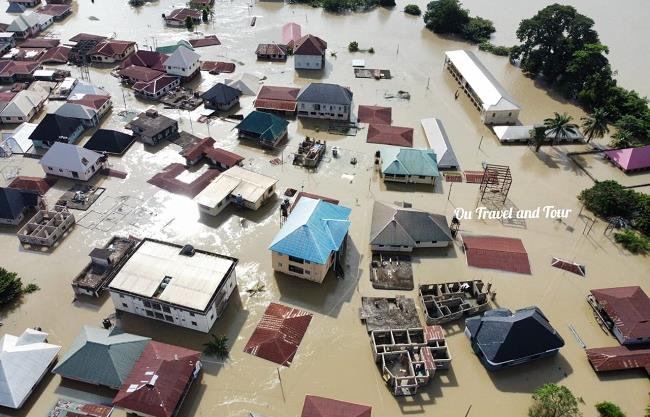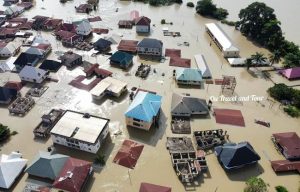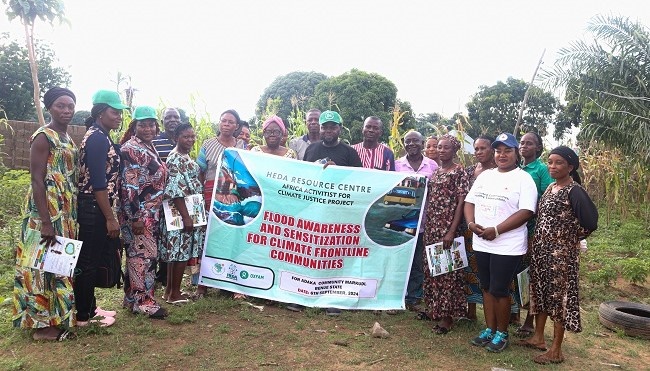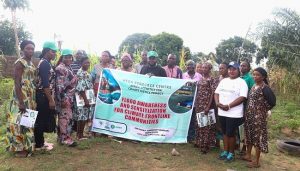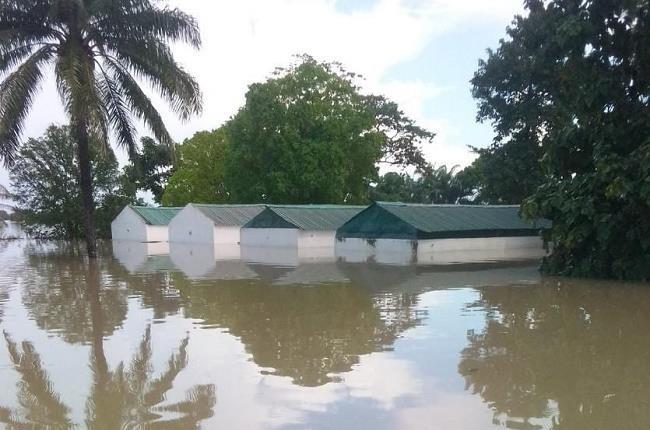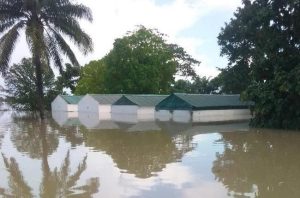The Federal Government, through the Agro-Climatic Resilience in Semi-Arid Landscapes (ACReSAL) project, says it will restore about one million hectares of degraded land in Northern Nigeria.

Its National Project Coordinator, Mr Abdulhamid Umar, disclosed this during a stakeholders’ engagement on the “Development of Strategic Catchment Management Plans in Wetland Zones of Northern Nigeria” on Friday, September 13, 2024, in Kano.
He said that the workshop was organised to derive a shared vision of the strategic stakeholders for an ideal riparian catchment.
This, Umar said, was to build and forestall peace in the wetlands, adding, ”and take into consideration, the opportunities that would form part of the catchment management plan.
”This is the first time the Nigerian government is developing a catchment management plan of this magnitude.
”This assistance is being received with the guidance of the World Bank through the International Development Association (IDA).”
The ACReSAL boss further said that the engagement would focus on interacting with the strategic stakeholders.
They came from Ngada West Chad, Yedseram-East Chad, Hadejia, and Katagun K-Gana catchments, covering Borno, Yobe, Jigawa, Bauchi and Kano States.
Umar highlighted that the strategic plan would facilitate ACRESAL to meet her “Project Development Objective (PDO)”.
”This will help in sustainably restoring one million hectares of degraded land, making them cultivatable, habitable, and usable for any other purpose be it commercial, domestic or otherwise.
”ACRESAL seeks to impact 3.4 million direct beneficiaries out of which 1.68 million (49.41 per cent) would be women,” Umar said.
The ACReSAL boss said that catchment management plans would enable the integration of social and economic needs with the natural ecosystems and the long-term use of natural resources.
According to him, it will elaborately and comprehensively bring out the structures and mechanisms for environmental cooperation and coordination as well as the development of social commitment and cohesion.
“Catchment management plans not only provide answers to what, when, and where of catchment management, they also provide scientifically guided decisions.
”This is regarding early strategies for preparing and averting potential environmental challenges (early warning).
“The development of 20 strategic catchment management plans is the bedrock of the implementation of the ACRESAL project and would have come long before this time of pProject implementation.
“The strategic catchment management plans would create the platform and structure into which the micro catchment management plans will dovetail,” Umar said.
He added that the project development Plan was to increase the implementation of sustainable landscape management practices in targeted watersheds in Northern Nigeria.
It is also to strengthen Nigeria’s long-term enabling environment for integrated climate-resilient landscape management.
According to him, the 20 strategic catchments are delineated from Nigeria’s Hydrological Areas (HAs), numbered HA 1 to HA8.
“ACRESAL states cover majorly 5 of the 8 hydrological Areas (HA 1-4, and 8).
”However, the remaining 3 Hydrological areas, (HA 5,6 and 7) still have slight touches on ACRESAL states.
“The ultimate goal of ACRESAL’s Strategic Catchment Plan is to strengthen the entire country’s long-term enabling environment for integrated climate-resilient landscape management,” he explained.
On his part, the Managing Director of Mecon Geology and Engineering Services Ltd, Mr Chuka Offodile, assured that his company would deliver quality data.
Such data, he said, would guide the government or private entities that may be desirous of any form of investment within the developed strategic catchment management plan.
He said the development of the plan would help in addressing the issue of food production and food security, which he said, remained a priority of the Federal Government.
Offodile added that the plan was the result of collaborative efforts and stakeholders’ engagements, expressing gratitude for the support and inputs from all parties involved.
Some of the stakeholders who spoke at the event lauded the Federal Government for its efforts to make lands in the front-line states cultivable, habitable and usable.
By Muhammad Nur Tijani

